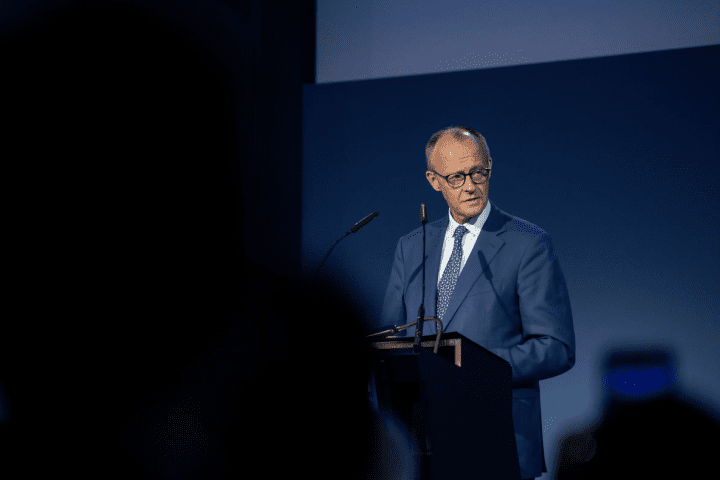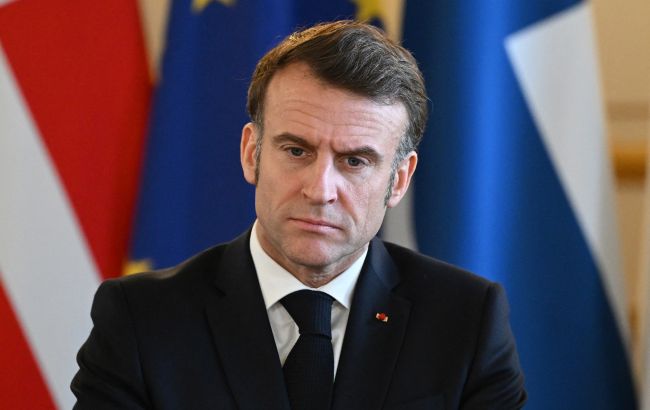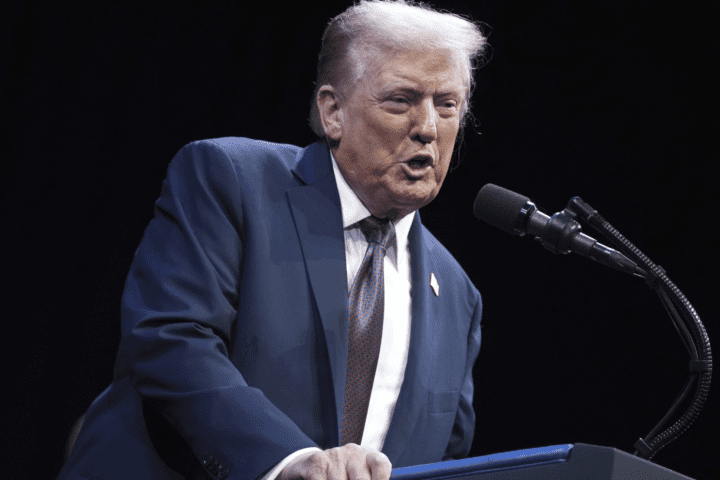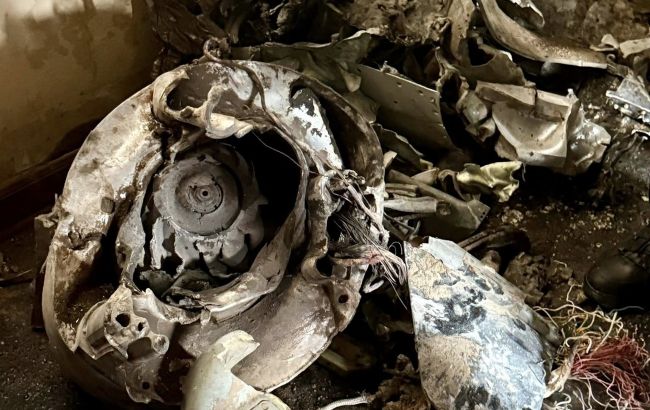France is once again staring down a political cliff edge. On Monday, Prime Minister François Bayrou — the fourth leader in just three years — faces a confidence vote that he is almost certain to lose, threatening to plunge the eurozone’s second-largest economy into even deeper paralysis.

The timing could hardly be worse. Europe needs stability and unity as it confronts Russia’s war in Ukraine, an assertive China, and strained trade ties with the United States. Instead, France, often seen as the EU’s co-pilot alongside Germany, risks becoming a byword for dysfunction.
Markets are watching closely. France’s public finances are already under acute pressure: the 2024 deficit came in at nearly double the EU’s 3% ceiling, while debt sits at a towering 113.9% of GDP. Bond spreads are widening, signaling that investors are demanding higher premiums to hold French debt, and ratings agencies are circling. Any collapse of Bayrou’s government makes it harder to pass a credible budget, raising the odds of downgrades and higher borrowing costs.
Bayrou, a centrist veteran, entered the fray on August 25, but despite a blitz of talks and media appearances he failed to cobble together a majority. Both left and right opposition parties have vowed to vote him out. “The government will fall,” said Jean-Luc Mélenchon of the hard-left France Unbowed (LFI), a sentiment echoed by figures across the spectrum.
For President Emmanuel Macron, the task of naming yet another prime minister looms. After appointing a conservative (Michel Barnier) and now a centrist (Bayrou), political observers believe he may have no choice but to turn to the center-left Socialists (PS). That would align with the fragmented results of the 2024 snap election, which left Macron’s liberal alliance weakened, the far-right National Rally as the largest single party, and a loose but divided leftist bloc as the largest grouping.
Even then, governing will be fraught. A Socialist prime minister would clash with Macron’s own bloc over proposals like raising taxes on the wealthy, while also needing to coax tolerance from moderate conservatives. The divisions run deep: LR party chief Bruno Retailleau said flatly on Sunday, “There is no way we will accept a socialist prime minister.”
On the streets, public faith is thin. “Come back in 10 days and you’ll see nothing will have changed,” said Mohamed, an 80-year-old vendor at Paris’s Aligre market. “There won’t be a majority, there will be no budget.”
France, long considered the “sick man of Europe” only in economic circles, now risks living up to that label politically, and dragging Europe into uncertainty with it.












